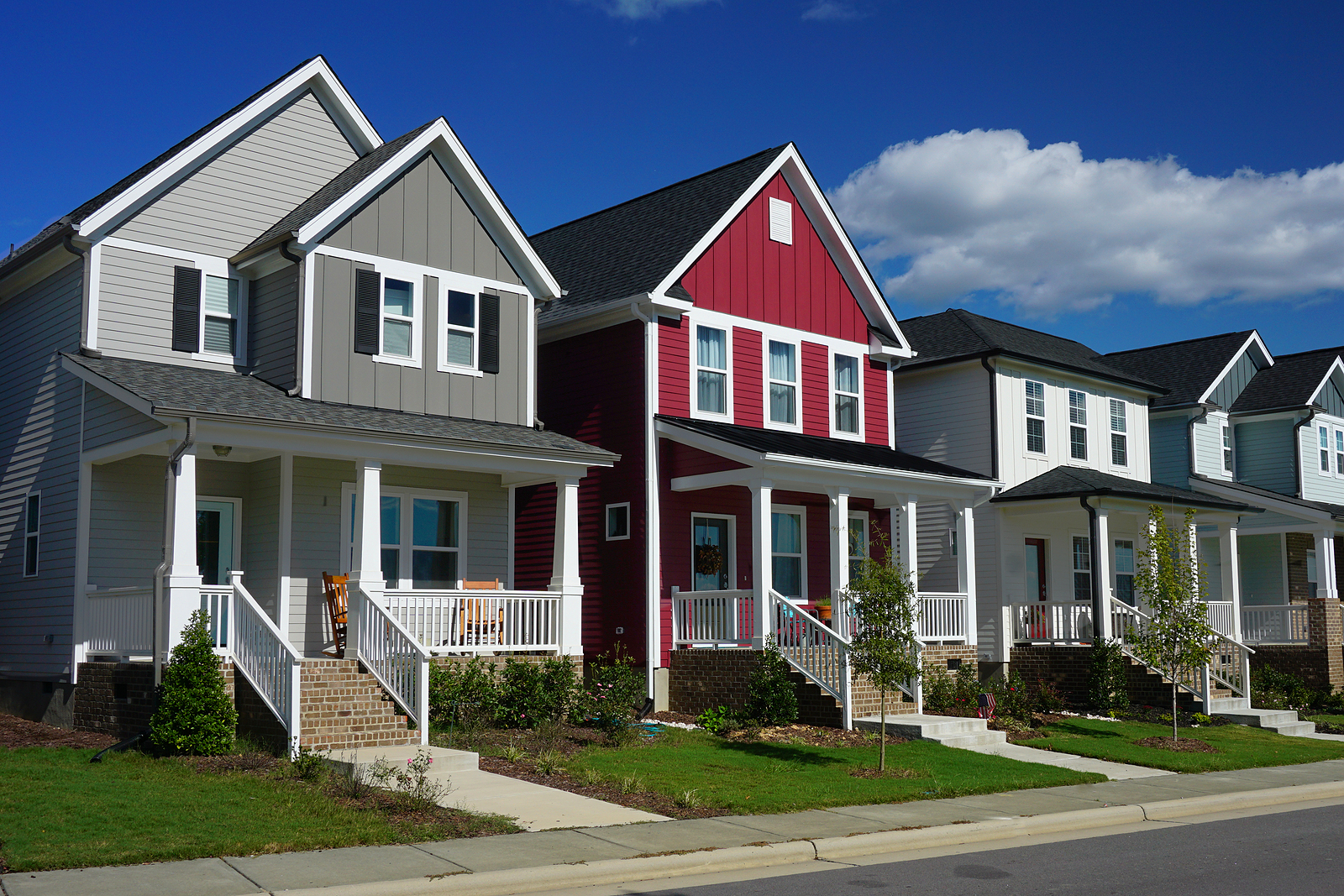Times are tough for homebuyers with not enough homes on the market to absorb all of the folks who want to buy one. If you’re doing battle with the competition, and getting sick of it, have you considered buying a fixer?
Now. . .wait. . .don’t discard the notion until you hear what I have to say. You may just end up with the ideal home at an amazing price.
There is even a loan that will help you purchase and fix the home. So, basically, you can take that old beater of a home and customize it to your lifestyle. Before we get to that, though, let’s take a look at some of the other pros and cons of buying a fixer.
Advantages of buying a fixer
There’s an old saying in real estate that you should buy the worst home on the best street you can afford. The reason for this is that the market value of a particular home is based on the value of surrounding homes.
Location has a lot to do with the equation so if you buy the nicest home on a rundown street or neighborhood, your home will set the bar for the area’s market value. Buy the worst home in a desirable area, however, and its value is being propped up by the better homes and it has nowhere to go but up.
Deciding to buy a fixer also allows you to purchase in a better neighborhood than you could were you looking at turnkey homes for sale. These neighborhoods have homes that hold their value better than shabby or unpopular neighborhoods so your resale value will be better.
Then, because fixers are more challenging to sell, you may find a homeowner desperately seeking to get rid of one and more willing to negotiate on price.
Finally, there’s something to be said for not having to conform to a home that doesn’t have all the features you need. Buying and renovating a fixer allows the home to conform to you.
Disadvantages of buying a fixer home
The biggest and most obvious disadvantage in buying a home that needs repairs is all the work that will need to be done before you can live in it comfortably. Workers, dust, noise ― it’s all a hassle. But, in the end, most folks we’ve spoken with say that it’s worth it.
Additionally, the renovation process, especially if you use the loan program we suggest, is complicated, with lots of other people that you’ll need to coordinate.
Get your red-hot fixer loan here!
You have several financing options available when you decide to buy a fixer. All of them wrap the cost of fixing the home into the mortgage to purchase the property so you’ll have only one payment every month.
FHA 203(k) Rehab Mortgage – This program is restricted to borrowers who intend on living in the home.
Fannie Mae HomeStyle® Renovation Mortgage – This program is less restrictive, offering rehab loans to those who purchase a fixer as a second home or an investment to use as a rental (as long as it’s only one unit).
Freddie Mac CHOICERenovation® Mortgage – Like Fannie’s program, this one is less restrictive than the FHA program.
Not all lenders provide these loans, so give me a call and I’ll point you in the right direction.




